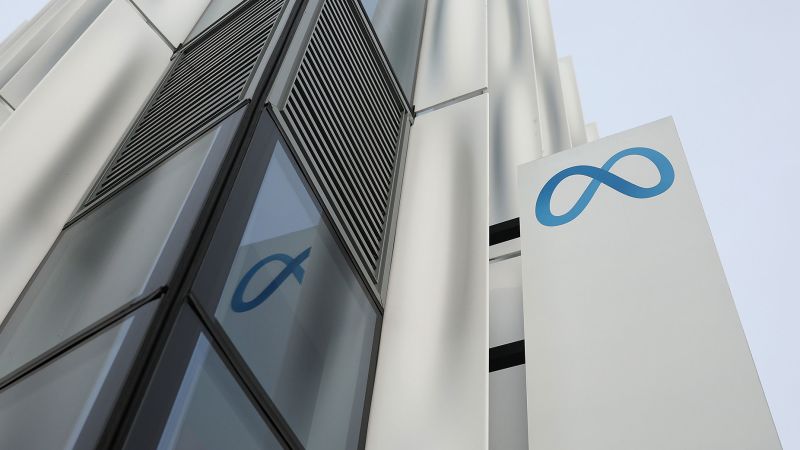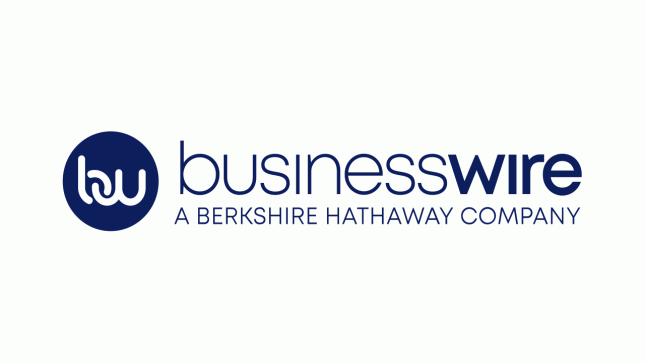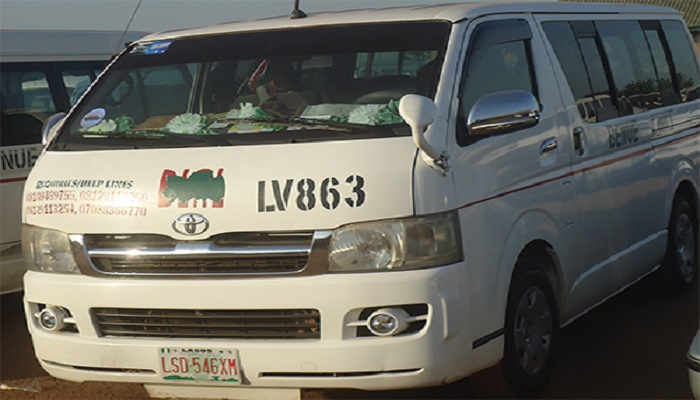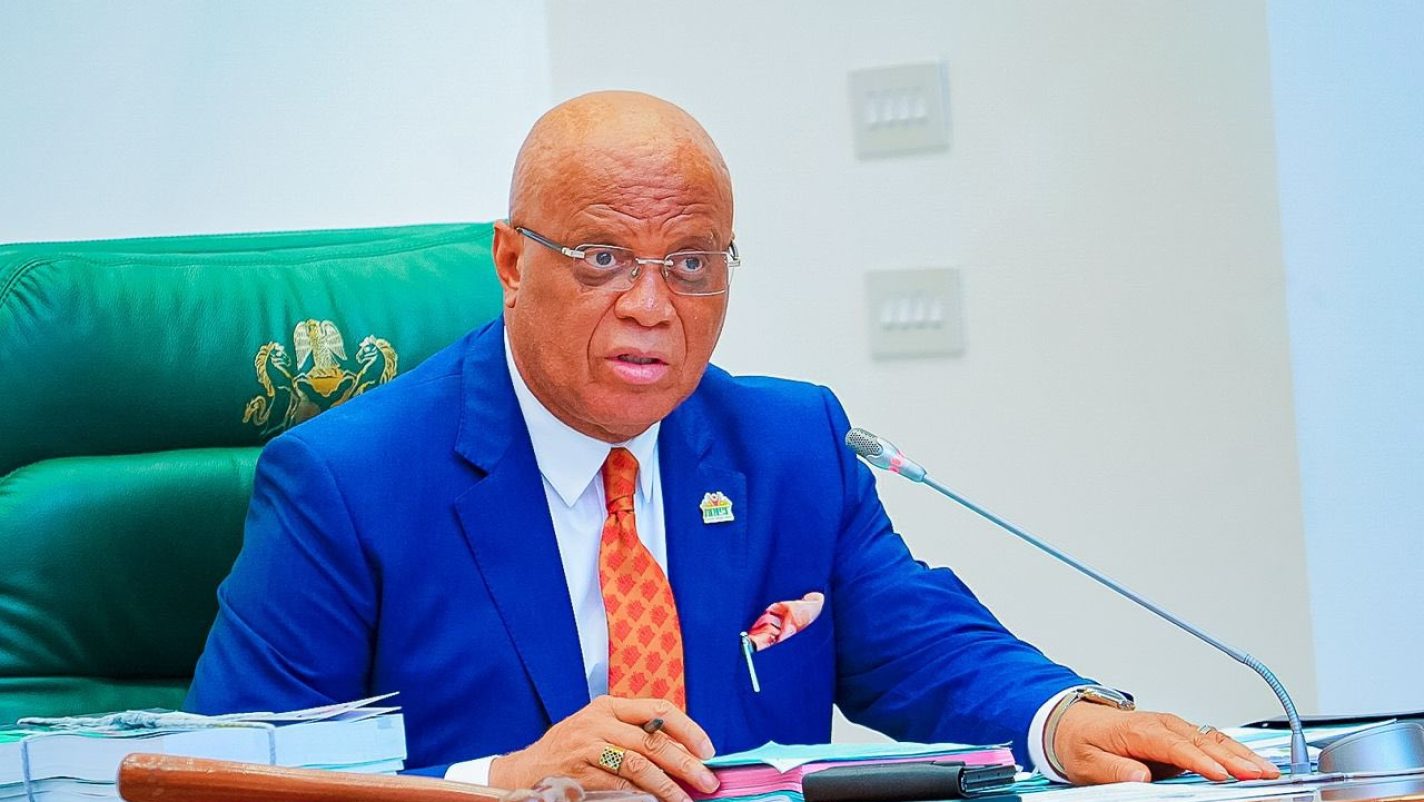DoorDash CEO Tony Xu Spearheads Consolidation in Food Delivery Sector

Tony Xu, co-founder and CEO of DoorDash Inc., demonstrated unconventional leadership during the Covid pandemic. With restaurants facing an existential crisis, Xu proposed cutting commissions, a move that Chief Business Officer Keith Yandell initially feared would negatively impact profits ahead of the company's planned IPO. Xu's rationale, "If restaurants don't thrive, we cannot. We need to take a leadership position," ultimately prevailed, leading the company to sacrifice over $100 million in fees. This decision underscored Xu's commitment to the ecosystem DoorDash serves.
Since its founding on the Stanford University campus in 2013, Xu, now 40, has guided DoorDash through the notoriously competitive and low-margin food delivery business, building it into a company valued by Wall Street at close to $90 billion. In a challenging market where the Nasdaq has seen declines, DoorDash's stock has surged 23% this year. Despite slim net profits more than four years post-IPO, Xu is aggressively pursuing industry consolidation. This ambition is fueled by a combination of cash and new debt, as evidenced by the recent $2.5 billion convertible debt pricing, with proceeds earmarked in part for acquisitions. Earlier this month, DoorDash acquired British food delivery startup Deliveroo for approximately $3.9 billion and restaurant technology company SevenRooms for $1.2 billion, signaling Xu's intent to constantly improve customer offerings.
San Francisco-based DoorDash has a history of strategic acquisitions to expand its market share. In 2019, it acquired food delivery competitor Caviar from Square (now Block) for $410 million. Approximately two years later, DoorDash announced an $8.1 billion deal for the international delivery platform Wolt, its last major transaction until the recent acquisitions of Deliveroo and SevenRooms. When DoorDash entered the market, it faced established players like GrubHub and Seamless (which later merged and were subsequently bought by Wonder Group). In 2014, Uber launched Uber Eats, which has become DoorDash's primary competitor in the U.S. Xu acknowledges the competitive nature of the market, emphasizing the company's focus on innovation to meet evolving customer expectations. DoorDash states its acquisition strategy is picky, patient, and focused on opportunities that bring customer value, expand global economic empowerment, and promise strong long-term returns.
DoorDash distinguished itself early on by targeting suburban markets, which had fewer delivery options, while competitors focused on urban centers. This strategy proved highly effective, especially when the COVID-19 pandemic shut down restaurant dining in early 2020, leading to a boom in delivery demand. DoorDash capitalized on this surge, with revenue more than tripling in 2020 and growing by 69% in 2021.
Colleagues and early investors attribute much of Xu's success to his customer-first focus and operational prowess. Gokul Rajaram, who joined DoorDash via the Caviar acquisition, described Xu as "the best operational leader in the U.S." after Jeff Bezos. Xu's humility and hands-on approach are well-documented; he was known to drive a dilapidated 2001 Honda Accord to team events and participate in company basketball games. He personally approved every offer for the company's first 4,000 employees and, as part of the WeDash program, all employees, including Xu, complete orders and handle support calls annually. He even took advice from his young daughter regarding a routing issue during deliveries. Xu is known for spending mornings answering customer service complaints, dropping his kids off at school, and taking international calls late at night.
Tony Xu was born in China and moved with his family to Champaign, Illinois, in 1989. Growing up, he played basketball and mowed lawns to save for a Nintendo, learning early the value of earning one's way. He often attributes his entrepreneurial spirit to his parents. His mother, a doctor in China, worked three jobs in the U.S. for over a decade to save enough to open her own medical clinic. His father worked as a waiter while pursuing a Ph.D. Xu stated that observing his mother provided him with a deep understanding of running a small business, which was invaluable in DoorDash's early days when convincing restaurants to become customers. Alfred Lin, an early DoorDash investor, noted that Xu's "characteristics became the company's values."
Xu is recognized for his ability to detect hidden talents among colleagues. Jessica Lachs, now the company's chief analytics officer, was guided by Xu toward her passion for data while working as a general manager for the Los Angeles launch. Xu advised her to lean into her strengths. Similarly, after Toby Espinosa, DoorDash's ads vice president, lost a major deal, Xu encouraged him to work "10 times harder" and become an expert, leading to a successful partnership years later. This emphasis on grit and continuous improvement is a hallmark of Xu's leadership.
The early years of DoorDash were defined by grit and struggle. The founding team of four initially managed deliveries around Stanford and Palo Alto using a Google Voice number routed to their cellphones. DoorDash originated from a Stanford business school course, Startup Garage, taught by Professor Stefanos Zenios, who praised Xu's data-driven approach and leadership. The team's insight to target suburban areas was considered brilliant. After entering Y Combinator in the summer of 2013, the idea excited partners like Paul Buchheit, creator of Gmail, though he was initially skeptical about the economic model. On pitch day, DoorDash failed to attract venture firms, but Buchheit later invested as a seed investor. Shortly after demo day, DoorDash encountered Saar Gur of Charles River Ventures who quickly became a backer. Sequoia's Alfred Lin initially passed but later led two institutional rounds. An early roadblock occurred after a Stanford football game when a surge in orders overwhelmed their system, leading to massive delays. The founders refunded orders, baked cookies, and delivered them personally the next morning, demonstrating their commitment.
While DoorDash has been pivotal for many restaurants, its relationship with them hasn't been universally positive. Commissions can reach as high as 30%, a significant cost for businesses. Many restaurants reluctantly paid these fees due to DoorDash's dominant market share, estimated at 67%. In 2021, DoorDash introduced three pricing tiers, including a 15% basic option for more price-sensitive businesses, acknowledging the need for flexibility. These fees are crucial for DoorDash's profitability, as its contribution profit as a percentage of total marketplace volume hovers below 5%. However, some restaurants, like Oren's Hummus, one of DoorDash's first clients, have had positive long-term relationships, with co-owner Mistie Boulton praising Xu's passion and reliability. The DoorDash team meets with her quarterly, and she beta-tests new products.
Wall Street is now closely watching Xu's ability to execute large-scale acquisitions, especially as DoorDash surpassed $10 billion in delivery orders worldwide this month. The acquisition of London-based Deliveroo marks a renewed push for overseas expansion, following the purchase of Finland's Wolt three years ago. The cash deal for SevenRooms, a New York City-based data platform for restaurants and hotels to manage booking information, takes DoorDash into an entirely new category. Xu told CNBC that DoorDash is a "multi-product company now that's operating on a global scale." However, following these acquisition announcements, which coincided with a disappointing earnings report in March, analysts at Piper Sandler reiterated their hold recommendation on the stock. One reason for concern, they said, was that "integrating multiple acquisitions at once may create some noise near-term."












